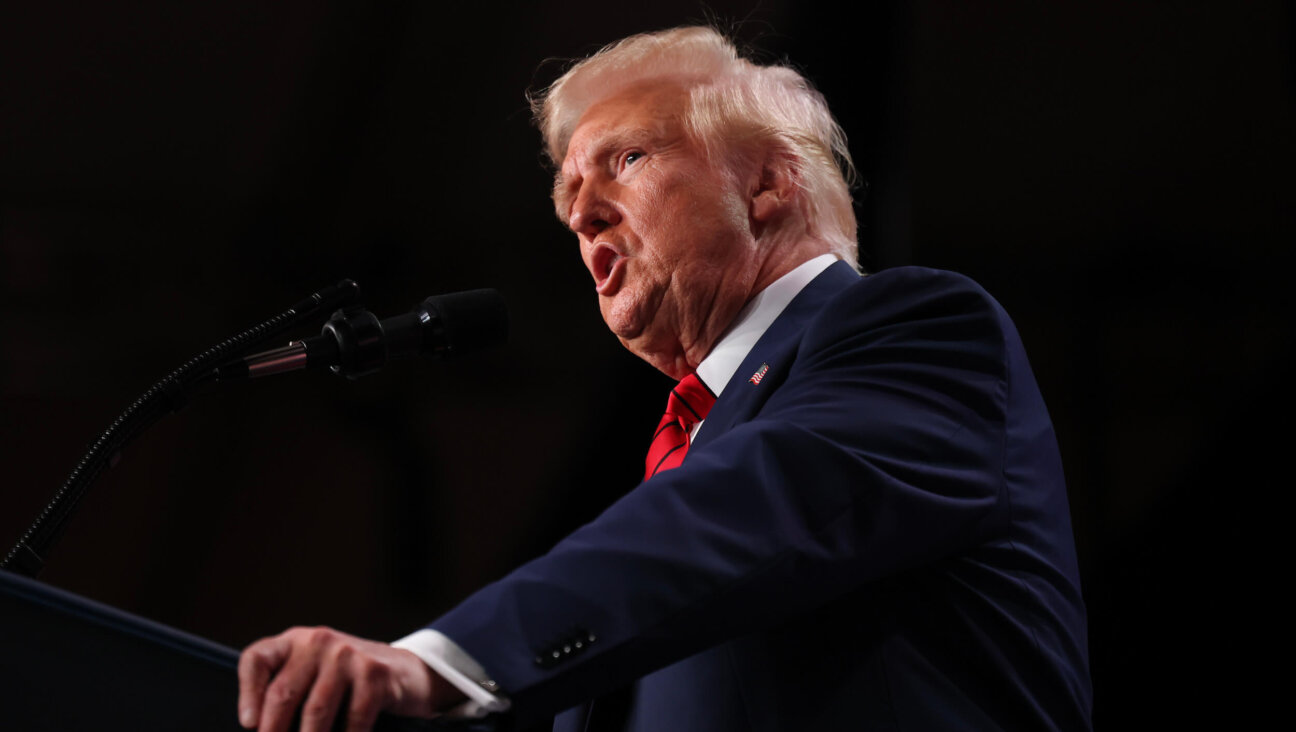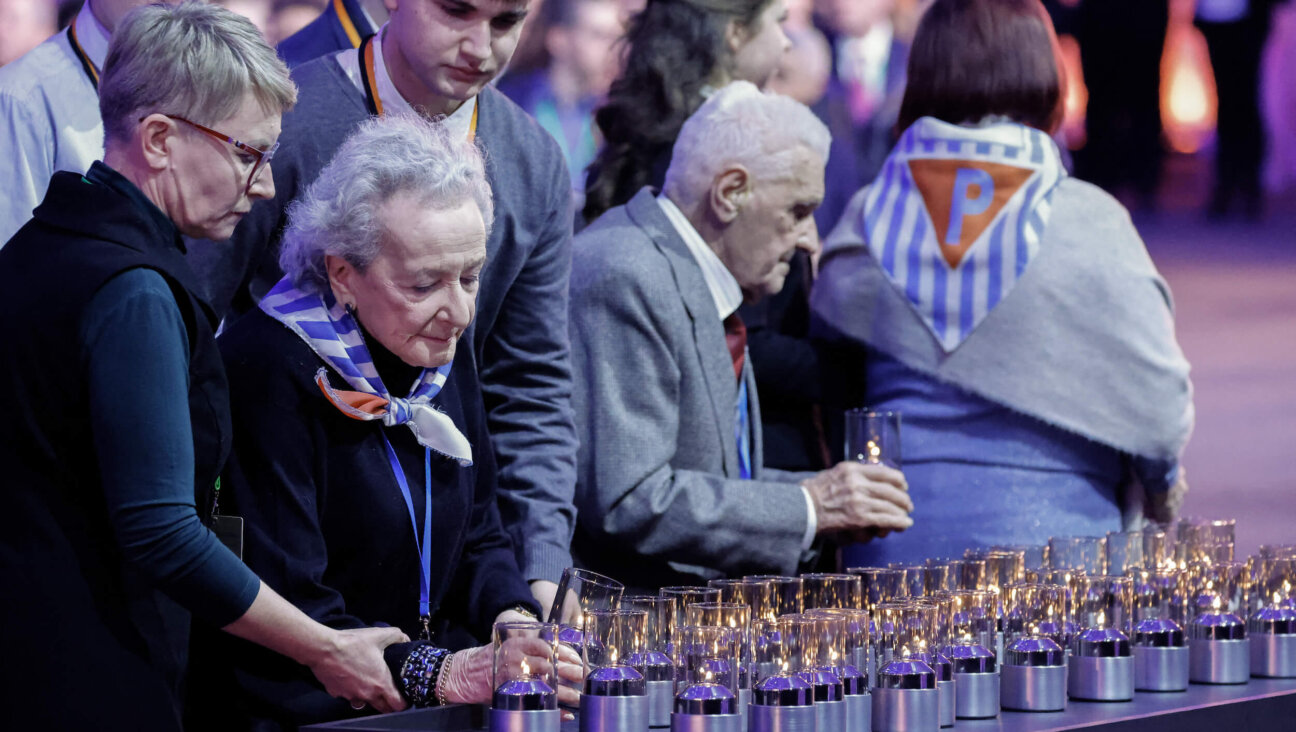I’m so tired of white guilt

Image by Getty Images
There was light from fires in the streets. Noise from the clanging of trash cans and sirens was in the background when I called my father this week. “Son, you remember the 1968 Washington DC riots,” he said.
I do. But not everyone does. For some, the protests this week, like the racism they oppose, are new.
All week, white colleagues have called and called. People expressed support and care. They asked, “What can I do?” The volume of the contact grew tiresome, so much so that I didn’t know what to make of it. I thought, “This kind of violence is not new in American history. Are my colleagues and friends just learning of it now? Surely, my friends and colleagues are aware of the nation’s history of over 400 hundred years of inhumanity toward black people. Where have they been?”
Not angry. Not angry enough. Not angry at all. Not like us.
I have served this country with over 20 years of active army and reserve service. I have put my life on the line for this country. The army provided a college education for me. I appreciate this country, I have served this country. And I am mad at this country that stokes and even seems to revel in the fires of racism.
Do you see the fires burning this time?
In elementary school, I was typically one of only two or three black kids in the classroom. This pattern has continued throughout my life, both scholastically and professionally. This pattern has presented strong challenges to my sense of self, a pattern that raised questions of identity for me.
The main issue here is confusion about belonging. I have lived my entire life having my sense of self challenged. I have never truly felt that I belonged. This has resulted in a lack of confidence compared to those of the dominant U.S. culture who have similar educational and life experiences.
My soul smolders with this lack of belonging.
In addition to the pain of this week’s protests, it was that outsider feeling that resurfaced as my colleagues reached out, again and again and again.
As the only US-born black clergy in my denomination’s regional governing body, perhaps I am just low-hanging fruit for my colleagues. People mean well. People are sincere. I appreciated their contact.
On the other hand, sometimes I feel like a sounding board to assuage white guilt. And I am fatigued with the role. I am tired. I stopped accepting invitations to speak at white churches on King Day. I no longer participate in racial reconciliation conversations. I have come to realize that we each have a unique lens through which we see world events unfold.
As I listen to colleagues and friends in this latest expression of our country’s violence against black people, I see again that how we see things matters. My participation in these conversations no longer seems healthy or helpful, especially not for me.
I see the fires burning. And I will no longer rescue those who refuse to see the death-dealing flames.
When I hear a white woman saying, “Oh, that’s a good school. It doesn’t have any minorities in it,” I simply don’t have the energy to engage anymore. At one racial reconciliation event, a white gentleman said, “I go to a white church. I work with all white colleagues. And all my friends are white.” The group challenged him to hire black employees. The man’s response? “I only hire college-educated employees.” Upon hearing the man, I thought, “Did I just hear that? What world does this person live in?”
I no longer have the capacity, desire, or will to stand in those spaces. I choose to avoid them when I can. I choose to free myself.
There are so many feelings. I have so much disappointment with my country of birth. The large-scale systematic and personal racism is so persistent. The disappointment I live with on a daily basis seems an eternal flame.
Fire figures prominently in my faith. I think of Moses and the burning bush. I think of the fire experienced at Pentecost. It is this fire, the fire of my faith, that energizes me toward the positive even as conversations about injustice, personal questions of identity, and fires on local businesses surround me.
I no longer know where I stand anymore in relation to my colleagues. But I do know that the fire of my faith is enough to withstand the fire this time and the next.
Nathan Byrd currently serves as the pastor of the Christ United Presbyterian Church in San Diego. He is a retired Army Reservist. His work includes unmasking idolatries in church and culture.
A message from our Publisher & CEO Rachel Fishman Feddersen

I hope you appreciated this article. Before you go, I’d like to ask you to please support the Forward’s award-winning, nonprofit journalism so that we can be prepared for whatever news 2025 brings.
At a time when other newsrooms are closing or cutting back, the Forward has removed its paywall and invested additional resources to report on the ground from Israel and around the U.S. on the impact of the war, rising antisemitism and polarized discourse.
Readers like you make it all possible. Support our work by becoming a Forward Member and connect with our journalism and your community.
— Rachel Fishman Feddersen, Publisher and CEO






















